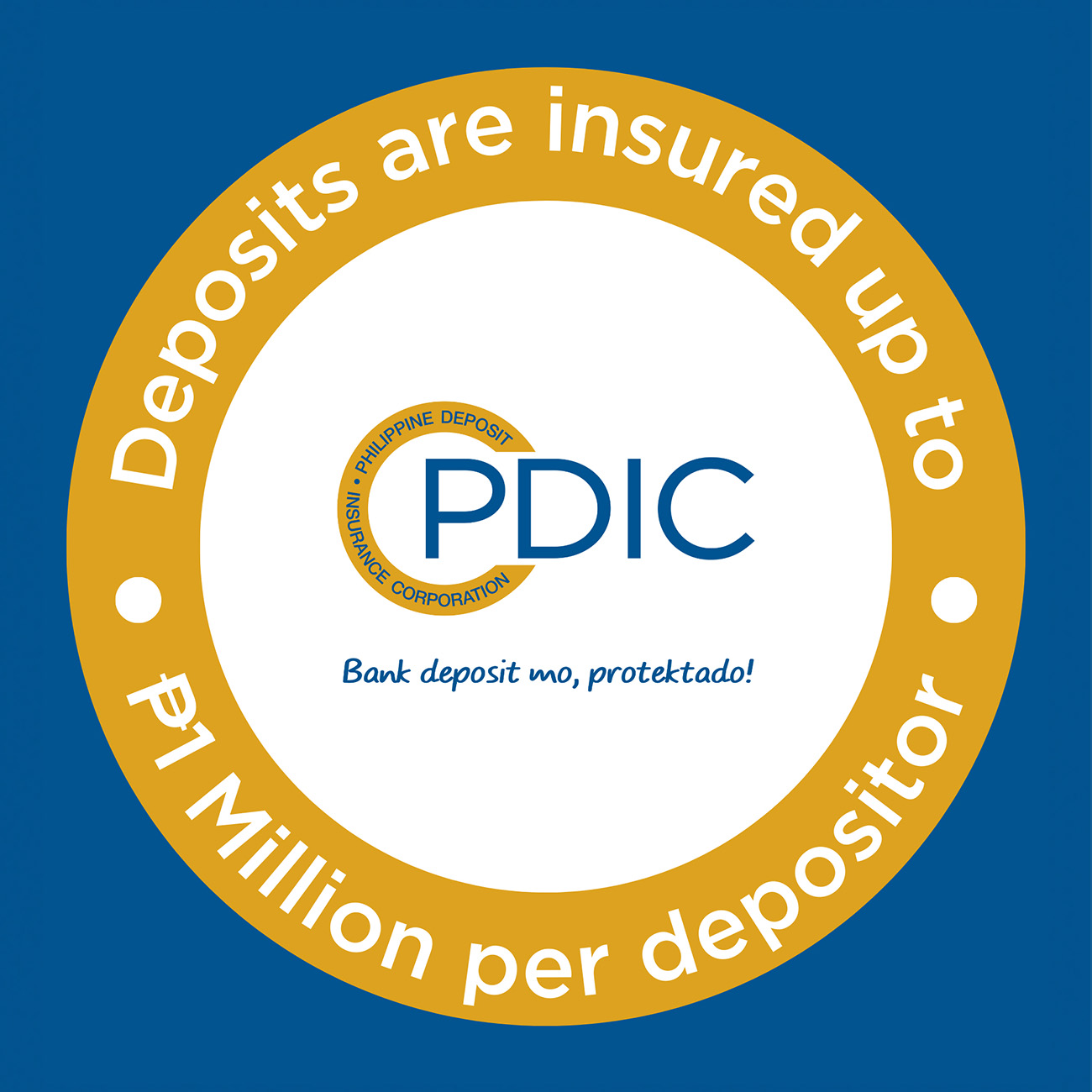There’s no stopping social enterprises from helping communities despite the ongoing COVID-19 pandemic. In the Philippines, several social entrepreneurs have considered innovative solutions just to protect their businesses and people and to respond sustainably to the changing times.
“We are happy that our BPI Sinag social enterprises are leading the pack, rising to make sure their employees, customers, and communities continue to thrive and survive even in these challenging times. Innovation and continuous reinvention play key roles in our survival and sustainability as a society moving forward,” said BPI Foundation Executive Director Owen Cammayo.
When the pandemic first hit the country in March 2020, Coffee For Peace, a social enterprise in Davao, decided to close one of its two coffee shops. Upon making this crucial decision, the management’s main priority shifted to supporting all of their employees and ensuring they could still provide for their families.
Coffee for Peace is a social enterprise in Davao City that trains farmers and communities on social entrepreneurship and managing a coffee business.
“We gave them commissions for selling our coffee. We encouraged them to sell online, create their own posts using their own social media accounts, and find their own clients. One of my staff learned how to make kutsinta (Filipino delicacy), so she started selling the delicacy together with the coffee. We had the opportunity to create new entrepreneurs during the pandemic,” Coffee For Peace Founder and CEO Felicitas “Joji” Pantoja said in a recent Dream Bayan episode.
Dream Bayan, a podcast produced by the Bank of the Philippine Islands (BPI) in partnership with PumaPodcast, aims to be a catalyst for creating a more sustainable and resilient Philippines that can overcome seemingly insurmountable challenges.
The idea of using coffee as a vehicle for peace and reconciliation started when the founders of Coffee For Peace helped facilitate an informal conflict mediation between certain Migrant and Bangsamoro farming communities in 2006. Two years later, they established the business to create income-generating activities for other surrounding communities and Indigenous People.
Coffee For Peace trains farmers and communities on social entrepreneurship and managing a coffee business. Acknowledging that planting coffee alone isn’t enough to help farmers provide for their families, they also integrated selling fruits, vegetables, and other root crops for additional income.
The community lockdowns in the regions caused a struggle, particularly in transporting their produce from the mountains to cities. This prompted Coffee For Peace to introduce a new concept called “Produce Peace Plus,” which benefited 400 farmers and families.
“We traveled to get the vegetables and sold them here in Davao. We also used the income to distribute goods, including vegetables, to families who couldn’t afford to buy the products,” Pantoja said.
Coffee For Peace remains committed to helping farmers earn more and improve their quality of life by ensuring a secured livelihood that helps promote inclusive growth.
Lola Sayong Eco-Surf Camp is a social enterprise that provides job and income opportunities to locals in Gubat, Sorsogon.
Surf farmers
Just like Coffee For Peace, the Lola Sayong Eco SurFarm in Sorsogon had to think of other ways to save the business and protect the welfare of its community.
Prior to the pandemic, Lola Sayong was a surf camp that focused only on tourism, but various social restrictions greatly impacted local tourism, hence they created a surf farm instead.
“Our surf instructors are now surf farmers. From focusing only on their surfboards, they have learned how to manage livestock as well,” said Lola Sayong Eco SurFarm Co-founder and Operations Head Noli Mercader.
Currently, Lola Sayong Eco SurFarm is raising chickens and hogs. They also started a chicken food cart and community harvest store in Sorsogon. In June, local farmers started sending their harvests to the community harvest store to sell the produce and goods from the farm.
Lola Sayong also allowed its people to sell their own products such as suman, a Filipino delicacy; other home-cooked meals; and souvenirs from the farm to boost their income.
Hopes for the future
Lola Sayong Eco SurFarm and Coffee For Peace are both alumni of BPI Sinag, the flagship program of BPI Foundation, which aims to empower social entrepreneurs in uplifting Filipino communities and scaling their businesses by addressing the triple bottom-line (people, planet, and profit) through opportunities for technological, social, and market innovations.
Another way these social enterprises are pushing for sustainability is by banking on the power of the youth to change the world through education.
Lola Sayong implemented a “no school, no surf policy” in its area, after realizing how teenagers were spending more time riding the waves rather than staying in school. By doing this, they were able to encourage more kids to go back to school and finish their studies. Several of these students have already graduated, with some even deciding to work on the farm.
For its part, Coffee For Peace is also investing on future youth leaders. Pantoja sent one of her young mentees to the United States to study peace and reconciliation. “She already knows much about coffee and the business. It’s time for her to learn more about peace because that’s our main focus,” said Pantoja.
To listen to the Dream Bayan podcast, tune in to Spotify, Anchor, Google, and Apple Podcasts.
Published on September 15, 2021


